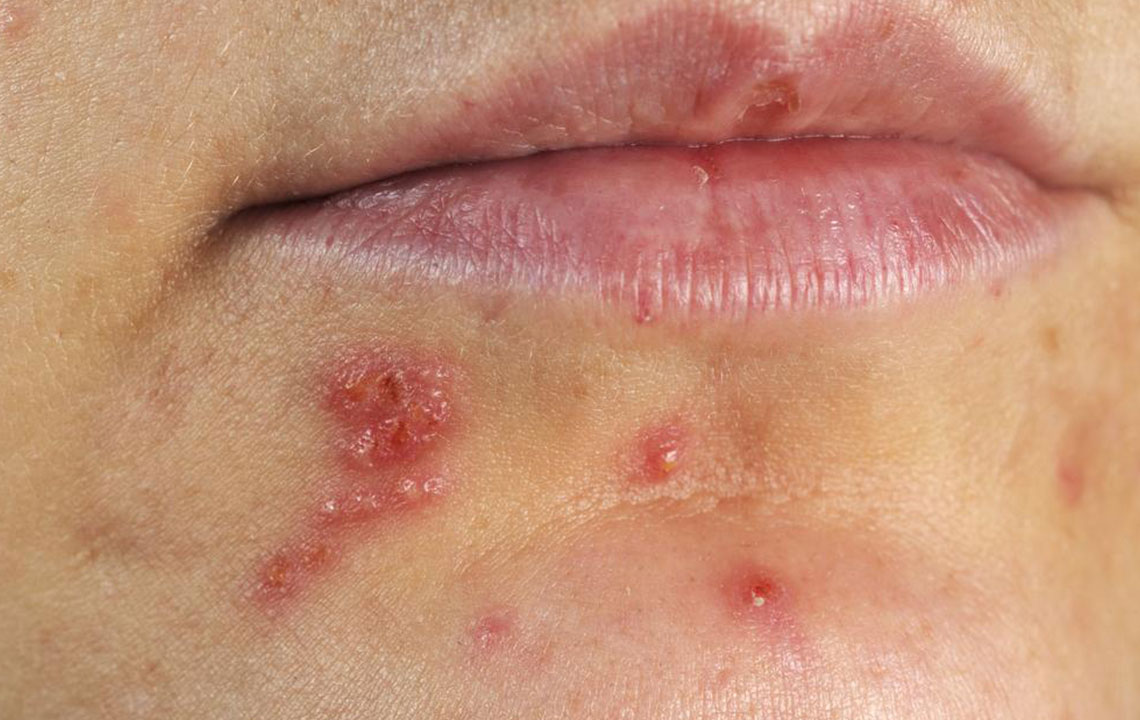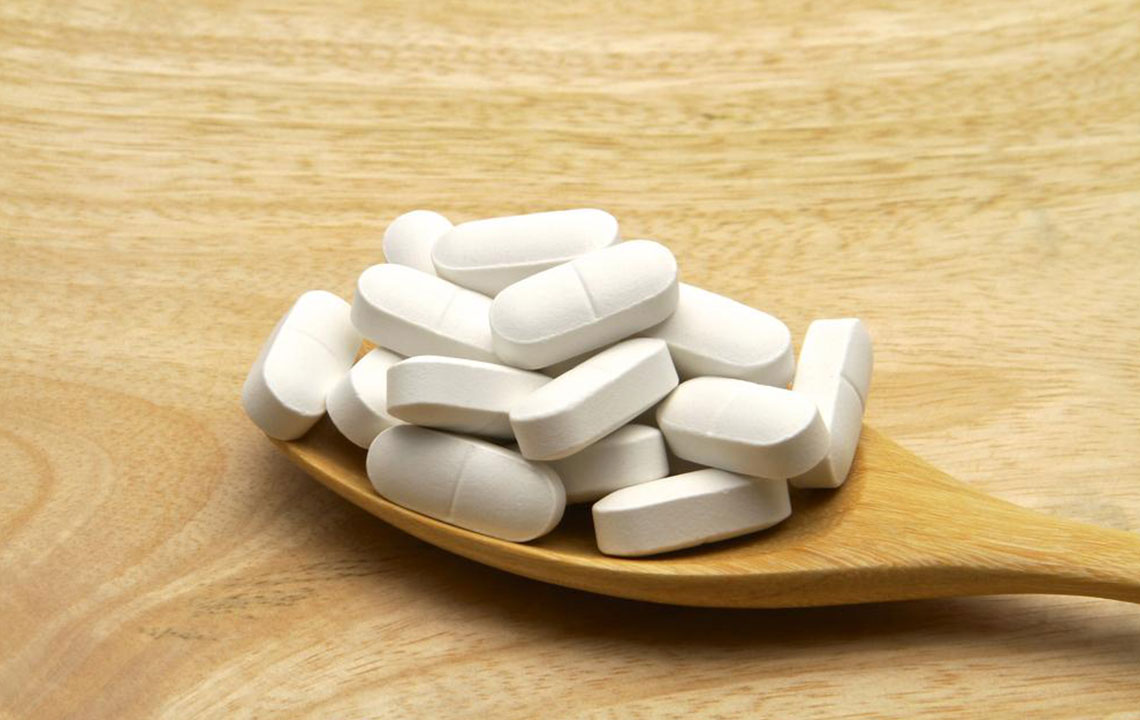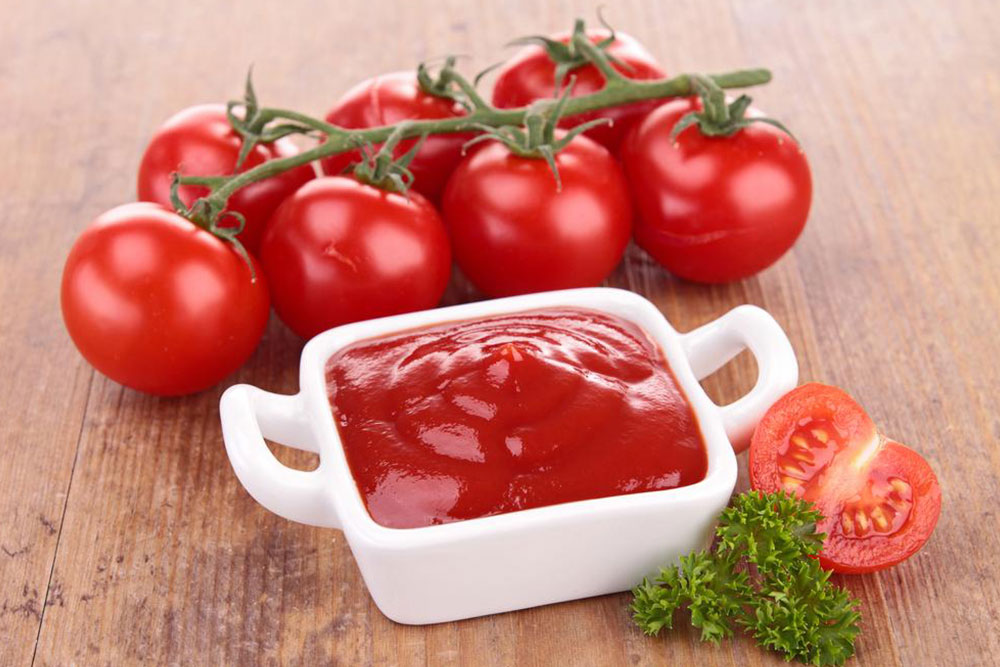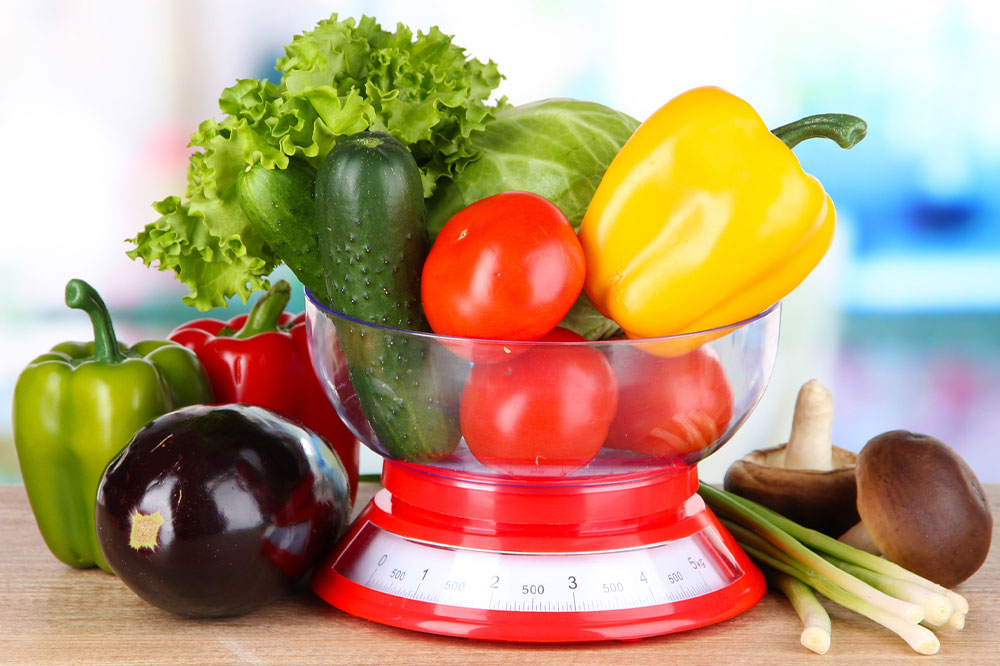Herpes Management Through Diet: Essential Nutritional Tips
This guide offers dietary tips for managing herpes outbreaks by emphasizing foods rich in lysine, supporting skin health, and avoiding arginine-rich and unhealthy foods. Proper nutrition can aid faster healing and reduce recurrence. Always consult healthcare professionals for personalized advice.

Herpes Management Through Diet: Essential Nutritional Tips
Managing a herpes outbreak can be challenging, but dietary adjustments may support faster healing and reduce recurrence. Incorporating specific foods can strengthen your immune response and suppress the virus. Here are crucial dietary strategies to consider.
Prioritize Lysine-Rich Foods
Adding foods high in lysine can help prevent outbreaks and accelerate recovery. This amino acid, obtainable through supplements or natural foods, inhibits arginine, which promotes herpes virus replication. Consuming foods like beets, avocados, mangoes, tomatoes, apples, apricots, pears, figs, and papayas is beneficial. Dairy products, eggs, fish (such as sardines and cod), chicken, beef, lamb, and sprouts for vegetarians are excellent sources.
Support Skin Health with Proper Nutrition
Ensure your diet includes zinc, vitamin C, and bioflavonoids to protect and nurture your skin. These nutrients boost immunity, helping prevent outbreaks and aiding quicker healing during episodes.
Limit Arginine-Heavy Foods
Avoid foods that contain high levels of arginine, which may slightly promote virus replication. Steer clear of wheat-based products, chocolate, nuts (including peanut and nut butters), oats, protein shakes with arginine, and muscle-building supplements.
Eliminate Unhealthy Junk Foods
Cut back on sugary drinks, processed snacks, flavored yogurts, cereals, granola bars, and refined grains. Maintaining a balanced diet minimizes the chances of herpes recurrences.










